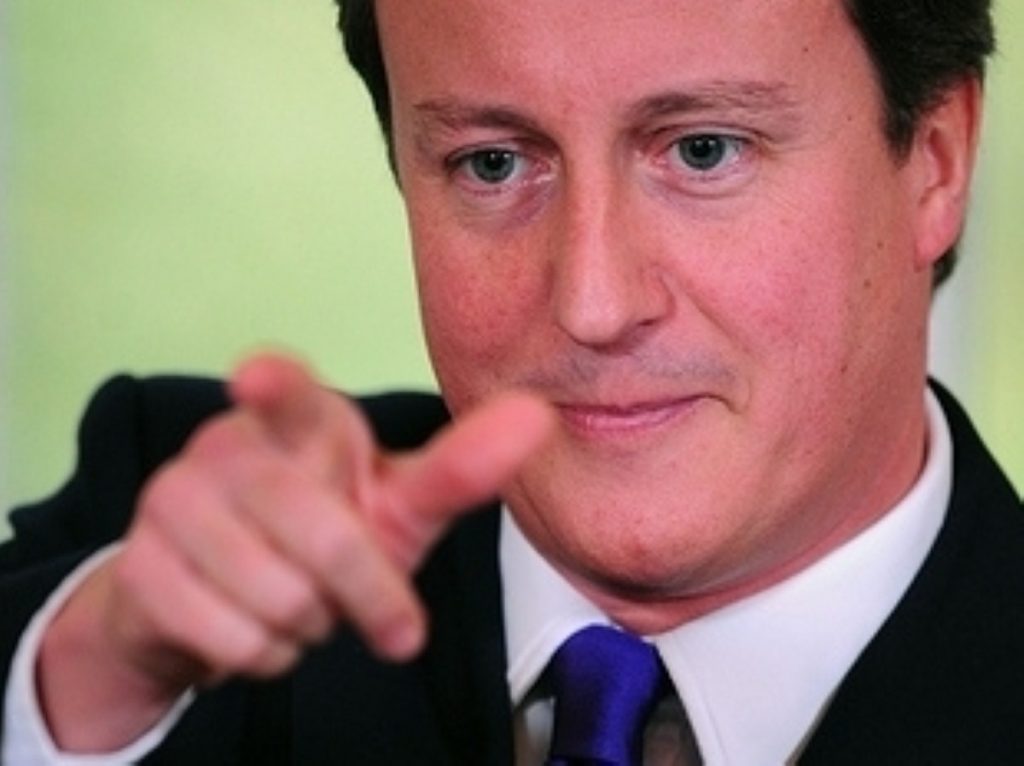Economist questions Cameron’s hung parliament warnings
By Sasjkia Otto
A hung parliament is unlikely to cause market catastrophe and a surge in interest rates, but parties unwilling to negotiate on deficit reduction could contribute to long-term economic uncertainty, one of Europe’s leading economic consultants has said.
Patrice Muller, senior partner at consulting firm London Economics, said markets have already prepared for a hung parliament because of Nick Clegg’s recent surge in the polls.
“When we wake up on the seventh [of May] and find out there is a hung parliament there will not be any surprises for the financial markets because everybody is already aware of the possibility,” he said.


“How the politics will play out later on we don’t know, that’s a different story. But nobody will say the IMF has to come in on the morning of the seventh because it’s a hung parliament and the financial markets are going beserk. I think that’s crazy,” he said.
He stressed a minority government would have to be willing to negotiate with supporting parties on a credible deficit reduction plan that will pass parliament.
“If they don’t agree this could lead to a lot of uncertainty but that’s further down the road,” he said. He pointed out other countries have worked with hung parliament without catastrophe.
His comments come on the day David Cameron returned to his themes that Labour’s national insurance increase and a hung parliament would damage the fragile economic recovery.
Speaking at the Fashion Retail Academy along with Arcadia owner Sir Philip Green he said: “We’re hardly racing out of recession – and that’s why the big question running through the heart of this election is this: How do we get the economy moving? How do we get growth going? How do we make sure that growth is sustainable?”
He added: “The indecision and paralysis that would come with a hung parliament is exactly what our economy doesn’t need right now.”
“We have a phrase for it in politics already – “no overall control”. Well can you imagine an economy with a record budget deficit and rising unemployment where nobody is in control?”
Earlier Mr Cameron had reiterated his theme of the first week of the campaign.
He called the government’s hike in national insurance tax on employment: “We say: this jobs tax will kill the recovery.
“Because here’s something the other parties always forget. Government isn’t the same thing as the economy.
“Real growth only comes when make it easier for people like you to start a business, take people on and grow. So we’re going to cut Labour’s waste to stop their jobs tax.”
And he tried to appeal to business people, emphasising the Tory party’s reputation as the party of capital: “Because we’re a party that is instinctively pro-enterprise and pro-ambition – respect for business is hardwired into our DNA.
“That’s why in the years ahead we want to work with entrepreneurs and business leaders, not just to make Britain the best place in the world to do business but also learning from business and working with business to cut government waste.”












